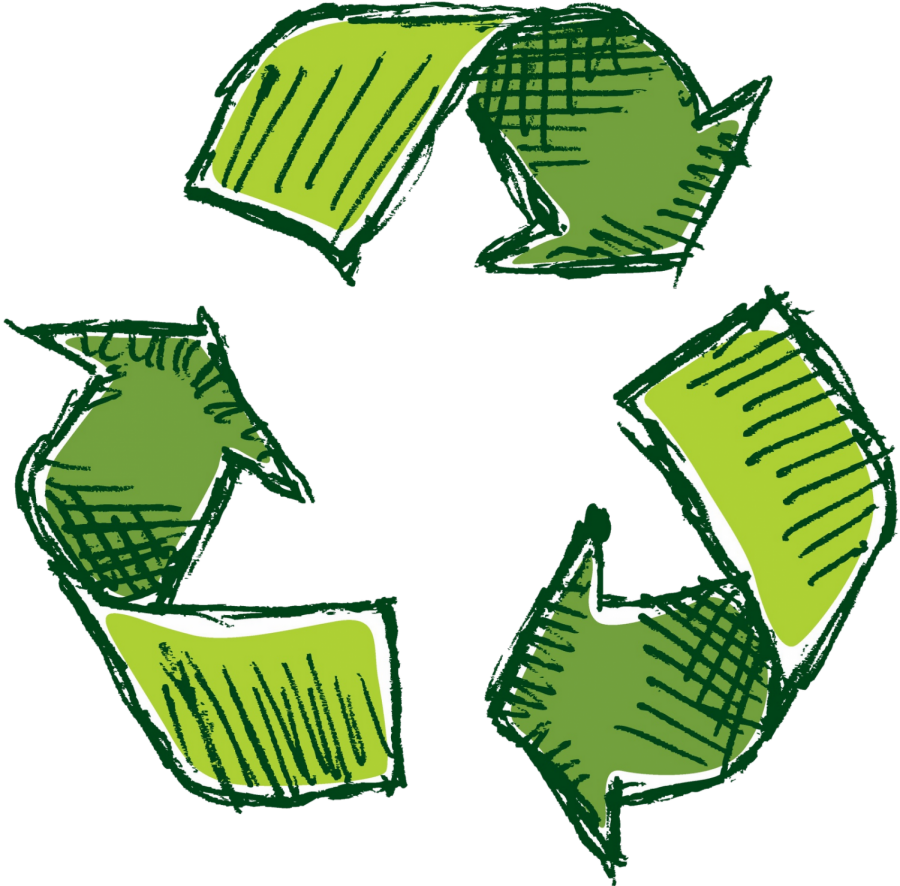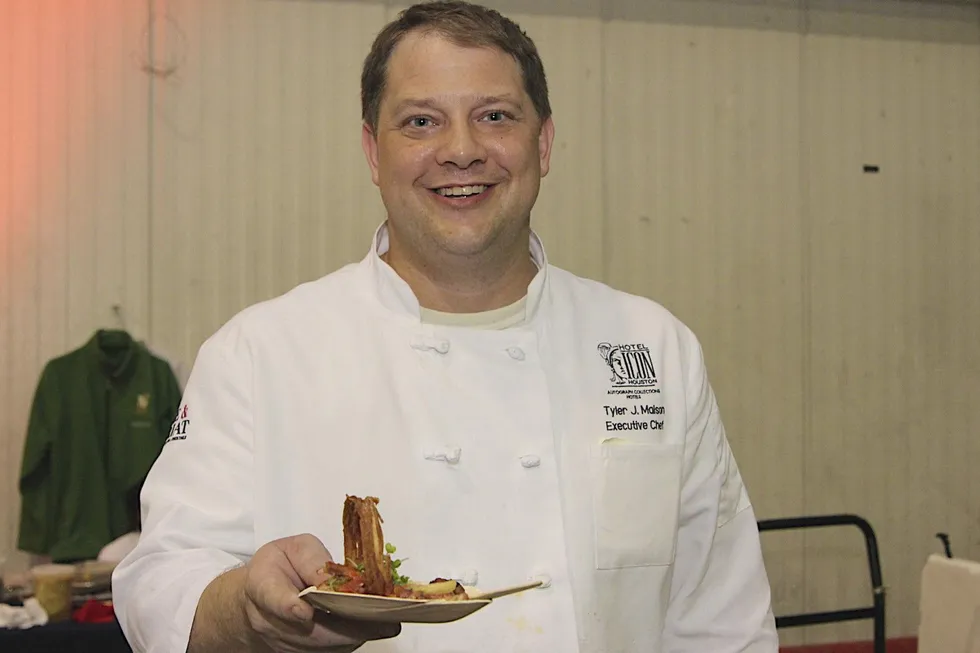In the past year, the COVID-19 pandemic has had countless negative effects on our lives. School has been on-and-offline, public places have closed, and seeing friends is difficult if not impossible. However, the pandemic has also caused another problem – fears about the virus clinging to everything from cardboard to school desks have caused our waste footprint to significantly increase. Much of this waste takes the form of single-use plastics, including bags, bottles, straws, and cutlery. Other waste products include everything from paper towels to leftover food, which has filled up our trash cans in much larger amounts than they had before the pandemic. Though many of these changes have been made for the purpose of safety, that doesn’t mean we can’t try to reduce our waste footprint at school. These are some of the ways how:
- Bring back compost bins
Before COVID, the lunchrooms at Vis were taking steps towards more sustainable lunches, most notably with the introduction of recycling and compost bins. Students at lunch were asked to separate out liquids before sorting their waste into trash, recycling, and compost. This was part of a program attempting to reduce waste, which was regrettably scrapped when the pandemic hit. Instead of eating in a lunchroom, Vis students are now scattered throughout the school, making setting up proper waste disposal systems ‘too difficult’. Many areas have just a trash bin, with some having both trash and recycling, but never compost. At the very least, we should set up compost bins outside of lunch hotspots, such as the former sophomore commons or the small gym. That way, we can continue to stay safe without sacrificing sustainability.
- Split paper towels before wiping down desks
Since going back to school in person, we have been asked to spray and wipe down our desks in between classes in order to prevent the spread of germs. While this is a key part of COVID safety, it is undeniable that countless paper towels are thrown away each day as a result. Each student wipes down their desk five or more times a day, usually taking an entire paper towel each time. However, is a whole paper towel needed in order to wipe the spray off of a single desk? It isn’t, which means splitting paper towels in half before using them would cut our waste in that area by the same amount. This could be done beforehand by teachers or student volunteers, or simply by the students of each class once it ends. Many of us have already begun to do this, taking one half of the paper towel and giving the other to a friend – so why not make the idea more widespread and cut down on waste?
- Reduce plastic waste at lunch
Numerous students have noticed, and even complained about, the excessive amounts of plastic present in school lunches this year. Items that are already packaged in one layer of plastic will be wrapped in plastic film or placed in a plastic bag, along with plastic cutlery that is almost never used. The way our to-go lunches are prepared is incredibly unsustainable, but it’s difficult for regular students to do much about it. What we can do is mitigate the amount of waste as much as possible, putting unused plastics into the appropriate recycling bins, while asking the school itself to lend a hand by reducing unnecessary plastic waste.
- Avoid bottled water
Vis girls have always been good at carrying their own reusable water bottles, but that doesn’t mean that plastic bottles have been entirely eliminated from the school. Notably, this year’s lunchroom features stacks of numerous plastic bottles, meant to be used and thrown out right after. This is yet another example of unnecessary waste created as a result of the pandemic, but this issue can be fixed with just one simple step: bringing your own bottle. Not everyone needs a Hydroflask – many reusable bottles can be found for just a few dollars, a small price to pay for helping to save the planet.
- Recycle and compost where you can
Whether there is a pandemic or not, one of the best ways that individuals can take steps to reduce the impact of their waste is by recycling and composting whenever they can. If a product must be used and thrown away without a sustainable option, harm can always be reduced by ensuring that said product is properly disposed of. Recycling and composting allow us to find a new purpose for items that would otherwise be thrown into a landfill, whether they are turned into entirely different products or are broken back down to their natural components. It’s important to remember that no matter the situation, there is almost always a small step you can take to make things better.
- Educate yourself and speak up
Even in seemingly impossible circumstances, it is important to remember that there is always something you can do to help. Education is one of the most important components of activism, whether you are working to save the environment or otherwise. Do your own research to figure out how you can help, or seek out like-minded individuals to make the change as a group. By learning about issues such as pollution, we can figure out how to reduce our own role in the problem and learn what we can do better. We can then share our knowledge with others by spreading the word and encouraging them to help. In any situation, regardless of the issue at hand and how large it may seem, every person’s action matters.





